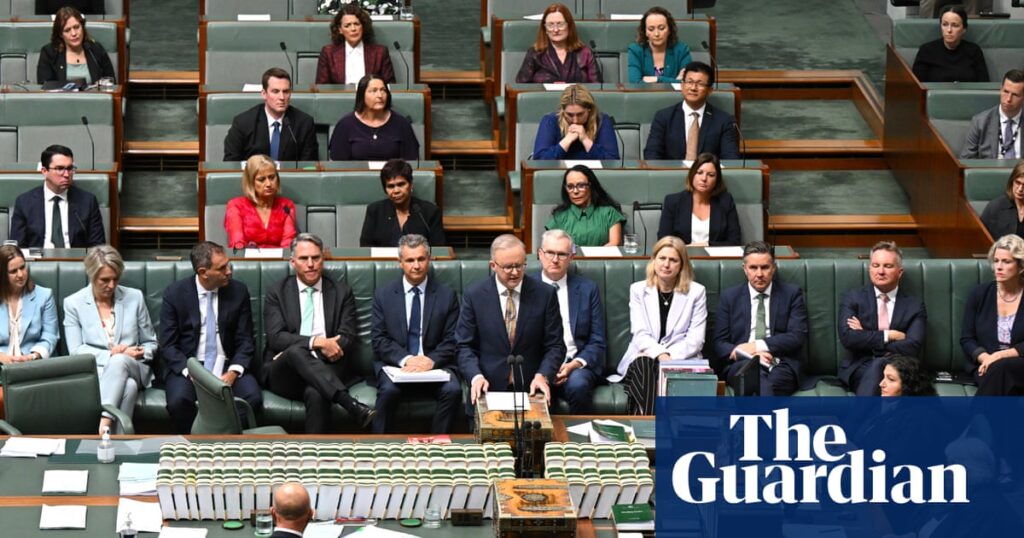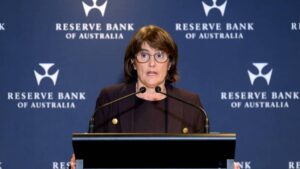
Australian governments are under scrutiny for not adequately addressing the entrenched disadvantages faced by Aboriginal and Torres Strait Islander communities, according to an independent review of the national Closing the Gap strategy. The review, conducted by the Jumbunna Institute for Indigenous Education and Research at the University of Technology Sydney, is the first of its kind to independently assess the strategy’s implementation since its inception in 2008.
The Closing the Gap agreement, a collaborative effort involving all Australian governments and the Coalition of Peaks—a representative body of over 80 Aboriginal and Torres Strait Islander community-controlled organizations (ACCOs)—was designed to foster shared decision-making and structural reform. Despite these intentions, the review reveals that states, territories, and the federal government are still falling short of their commitments.
Key Findings and Criticisms
The report highlights a significant imbalance in responsibilities, noting that much of the burden for success rests heavily on Aboriginal and Torres Strait Islander parties, while government entities carry a lighter load. “The Peaks, ACCOs, and communities are doing the heavy lifting while at the same time being under-resourced in comparison with governments,” the report states.
Over five months, the review authors consulted more than 500 Aboriginal and Torres Strait Islander people across Australia. They found that while the overall framework of the agreement is sound, it is hindered by systemic failures, including governmental inaction and structural racism, which they describe as “baked into society.”
“Despite the National Agreement commitment to identifying and eliminating racism, no systemic steps have been taken despite, or perhaps because, racism is a deeply rooted problem that was baked into government institutions from their very inception of this country,” the report said.
Current Progress and Challenges
The latest government update on Closing the Gap targets shows only four are currently on track. Six targets are improving but not on track, four are worsening, and a further four cannot be assessed. This lackluster progress underscores the report’s findings and calls for a reevaluation of strategies and commitments.
Prof Lindon Coombes, director of the Jumbunna Institute, emphasized the need for reflection among those leading efforts to improve Indigenous Australians’ lives. “We want this review to provide constructive feedback for all parties to the National Agreement, and to hear the voices of the people it seeks to support,” he said. Coombes further suggested that governments and the Coalition of Peaks need to reconsider their relationships and how these interactions affect implementation.
Expert Opinions and Historical Context
Tom Calma, the social justice commissioner at the time of the 2008 agreement, highlighted the necessity for governments to engage with a broad spectrum of Indigenous groups and organizations. Calma, a Kungarakan and Iwaidja elder from the Northern Territory, stressed the importance of holding Australian governments and organizations accountable for their role in addressing inequities experienced by Indigenous people, many of whom rely on mainstream services.
“There’s not enough effort being put into getting mainstream organisations and governments to do their share. There’s no targets for them. All the targets are for community control sector,” Calma said.
He pointed out that in health alone, less than half of Indigenous peoples use community-controlled health services, with the majority relying on mainstream or public services. “There’s no specific reference to them being culturally competent, for them addressing the racism and discrimination within their systems … They’re all issues that need to be addressed if we are going to close the health gap,” Calma added.
Calls for Action and Future Steps
The review’s findings have prompted calls for more accountability and genuine partnerships between governments and Aboriginal communities. Muriel Bamblett, CEO of the Victorian Aboriginal Child and Community Agency, condemned the lack of real progress towards closing the gap. “Today’s review has once again highlighted that without clear accountability, and a lack of genuine partnership between Government and Aboriginal people, progress will continue to be critically slow,” she said in a statement.
As the debate continues, the review serves as a critical reminder of the work that remains to be done. It calls for renewed efforts and a collaborative approach to truly close the gap and improve the lives of Aboriginal and Torres Strait Islander communities across Australia.





